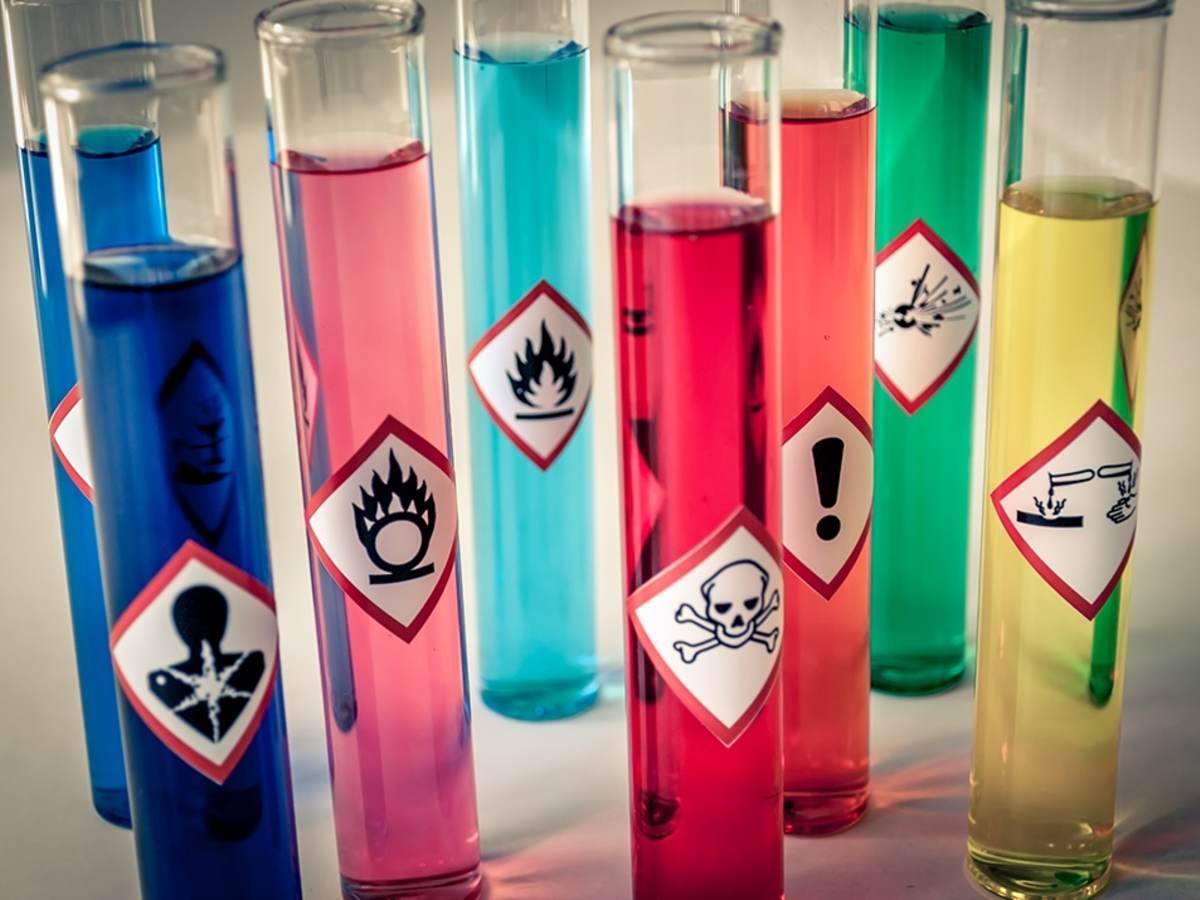May 13, 2025
By Xunyao Fu, PhD, Regulatory Affairs Lead, Supply Chain team, UL Solutions.
In an effort to safeguard environmental and public health, Taiwan's Ministry of Environment (MOE) announced amendments to both Categories and Management of Handling for Toxic Chemicals and Categories and Management of Handling for Concerned Chemical Substances on May 13, 2025. This update includes the addition of Perfluorooctane sulfonic acid (PFOS) salts and related compounds, Perfluorooctanoic acid (PFOA) salts and related compounds, Nonylphenols (NP) and Nonylphenol ethoxylates (NPEO) to the List of Toxic Chemical Substances and the addition of Cybutryne to the List of Concerned Chemical Substances. These new amendments will take effect immediately.
Addressing Persistent and Bioaccumulative Chemicals
PFOS and PFOA are part of a broader group of chemical substances known as per- and polyfluoroalkyl substances (PFAS). These substances are notorious for their persistence in the environment and their potential to bioaccumulate, meaning they can build up in living organisms and travel through the food chain, ultimately affecting ecosystems and human health. Recognizing the severe impact of these chemicals, the Stockholm Convention has listed PFOA and its related compounds in Annex A (substances to be eliminated) and PFOS and its related compounds in Annex B (substances to be restricted).
With reference to the Convention, Taiwan's MOE regulates an additional 5 PFOS salts and related compounds and 352 PFOA salts and related compounds as toxic chemical substances. The regulations also stipulate specific restrictions on the permitted uses of these chemicals in accordance with international standards.
Tackling endocrine disruptors
Nonylphenols (NP) and Nonylphenol Ethoxylates (NPEO) are recognized endocrine disruptors, capable of mimicking natural hormones in the body and thereby affecting physiological health and development, particularly in children. Originally classified as toxic chemical substances in 2007, their use in manufacturing household cleaning agents has been prohibited since that time.
Due to the clear harmful properties to human health and the detrimental effects on aquatic life and the broader ecosystem, the MOE has further tightened controls on NP and NPEO. The allowed concentration for these substances has been capped at 0.1%. Additionally, their use in manufacturing cleaning products and other environmentally risky applications is now restricted. In line with the Waste Disposal Act, the importation of cleaning agents containing NP and NPEO is also banned to protect national health and the environment.
Regulating Cybutryne
Cybutryne has been designated as a concerned chemical substance for its ability to bioaccumulate and its well-defined toxicological properties. It is regulated at full concentration, and its use in the production of antifouling paints, antifouling systems, and biocides is expressly forbidden.
Transition Period for Compliance
Acknowledging the need for industry to adapt to these changes, the MOE is providing a transition period of up to two years for existing operators to comply with the new regulations. This buffer period is designed to facilitate the pursuit of alternative substances that pose less risk to the environment and public health.
References
Amendment to the Categories and Management of Handling for Toxic Chemical Substances (in traditional Chinese only)
Categories and Management of Handling for Toxic Chemical Substances (in traditional Chinese only)
Amendment to the Categories and Management of Handling for Concerned Chemical Substances (in traditional Chinese only)
Categories and Management of Handling for Concerned Chemical Substances (in traditional Chinese only)
Regulatory Roundup Newsletter
Never miss an update
UL Solutions, the global safety science leader, can keep you updated on the latest events with a variety of materials, ranging from the latest regulatory news, webinars, white papers, events, industry insights and more.
Subscribe to our monthly Regulatory Roundup Newsletter and stay up to date on current and upcoming regulations and all the latest chemical industry news.
Safety Data Sheet (SDS) Authoring and Labeling Software and Services
Create, maintain and distribute comprehensive SDSs and labels to meet your increasingly complex global compliance requirements.
Chemical Regulatory Compliance
Manage your chemical compliance needs with the help of global regulatory expertise and leading resources.
Chemical Compliance Training
We provide a series of chemical regulatory training programs designed to help understand the diverse set of requirements and how to confront them.
Get connected with our sales team
Thanks for your interest in our products and services. Let's collect some information so we can connect you with the right person.





